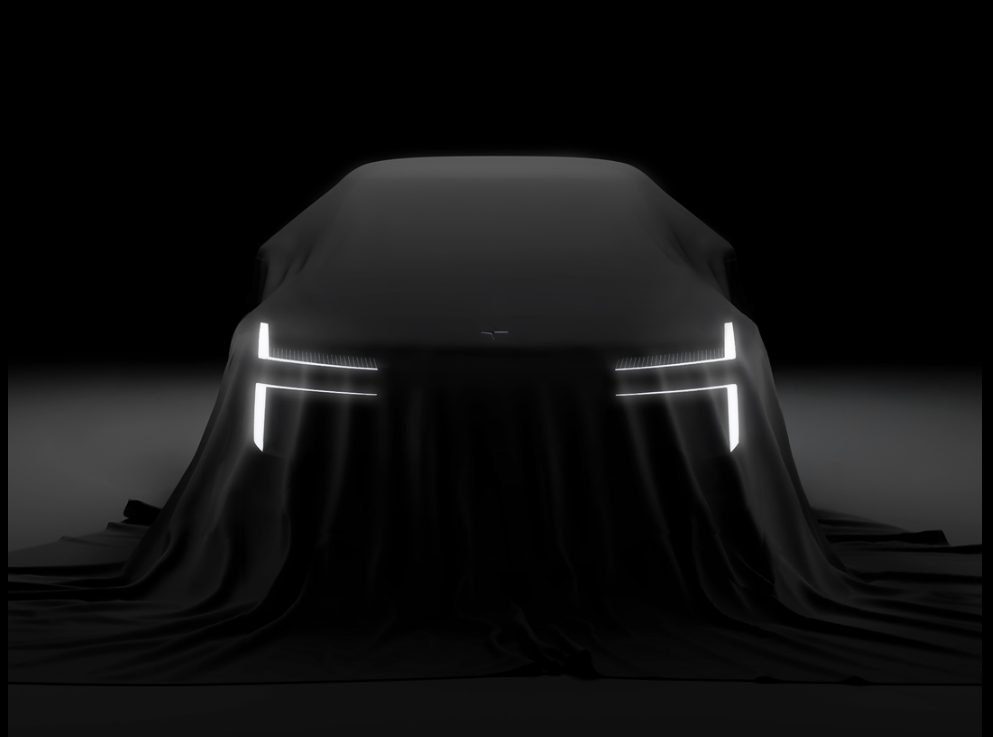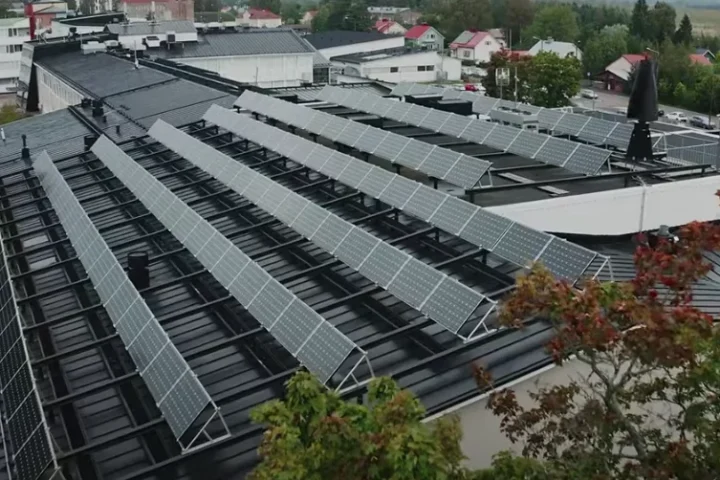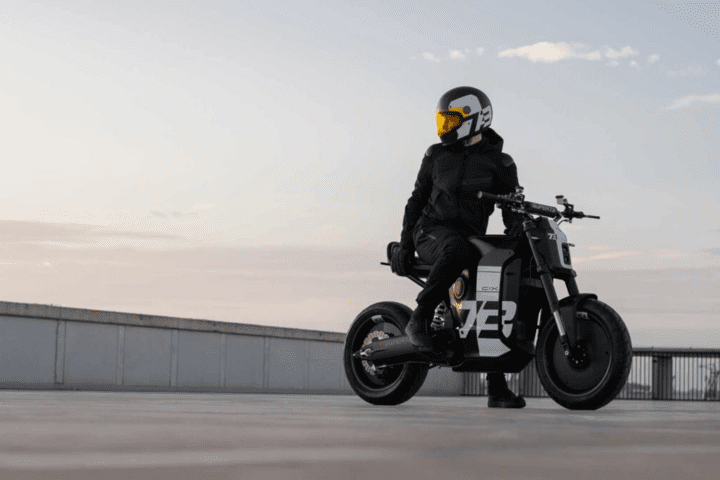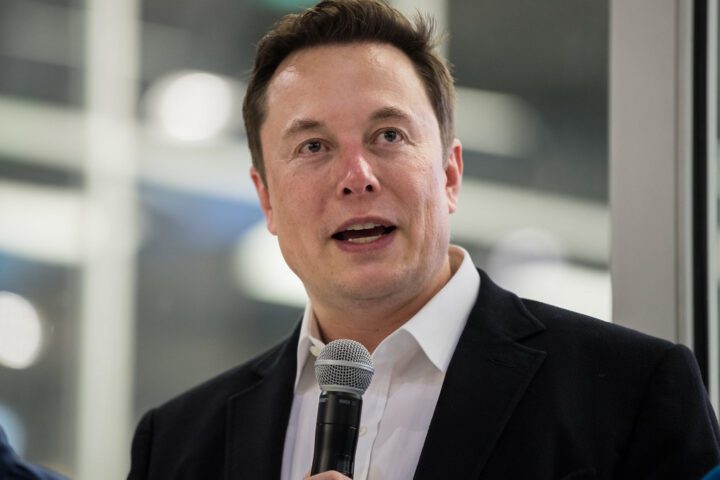Polestar will make its new compact electric SUV, the Polestar 7, in Europe instead of China. The Swedish electric car maker has chosen Volvo Cars’ new factory in Kosice, Slovakia, with production beginning in 2028. This is Polestar’s first vehicle to be built in Europe, a decision driven mainly by the high taxes on Chinese-made electric vehicles entering Western markets.
The company faces steep tariffs when shipping cars from China – 28.8% for vehicles sent to Europe and over 100% for those exported to the United States. Currently, most Polestar cars are made in China through its parent companies Geely and Volvo Cars.
Michael Lohscheller, Polestar’s CEO, explained the strategy: “Working with Volvo Cars to develop and manufacture Polestar 7 in Europe is a unique opportunity that will strengthen our position in our home market. Our strategy gives us access to the best, latest technologies, in a cost-efficient manner.”
The new SUV will use the SPA3 platform, which future Volvo models will also share. It will feature advanced battery technology where the battery cells become part of the car’s structure. This design improves the car’s strength while creating more space for energy storage, potentially increasing driving range.
The Kosice factory began construction in 2023 and can produce up to 250,000 electric vehicles yearly. The Polestar 7 will be the second model built there, after a new Volvo car scheduled to start production in early 2027.
The Polestar 7 will compete with other compact electric SUVs like the Tesla Model Y and Audi Q4 e-tron. It will be smaller than the Polestar 3 but larger than compact crossovers, with an expected starting price around £40,000 (about $51,000).
Similar Posts
This move to European production is part of Polestar’s larger plan to spread its manufacturing across different regions. The company already builds some Polestar 3 models in South Carolina and will ship the Polestar 4 to the United States from South Korea later this year. Earlier in 2025, Polestar stopped taking U.S. orders for its China-built Polestar 2 because of the high tariffs.
A company spokesperson stated, “Diversifying production to Europe reflects our broader strategy to manage trade friction and improve cost competitiveness.”
While the Polestar 7 will share mechanical parts with Volvo vehicles, the company stresses it will have its own distinct driving feel. “With a design and sporty driving characteristics that are instantly recognizable, Polestar 7 will set new standards in the premium compact SUV segment,” said Lohscheller.
The company is also updating its design approach. Lohscheller explained, “The performance element is super-important. Design is always evolving, but we’ll keep the basics in terms of Scandinavian design, with a bit more confidence.”

Håkan Samuelsson, Volvo Cars President and CEO, highlighted the benefits of working together: “This collaboration underscores how Volvo Cars and Polestar continue to leverage synergies to efficiently deliver outstanding vehicles built for our distinct customer segments. This builds on the success of our joint efforts on the widely acclaimed Polestar 2 and Polestar 3.”
Polestar aims to become profitable by 2025 and increase its sales by 30-35% by 2027. The Polestar 7 will play a key role in this growth plan. By making cars in Europe, Polestar avoids high import taxes while positioning itself closer to European customers. This could reduce delivery times and shipping costs while appealing to buyers who prefer locally-built vehicles.


















